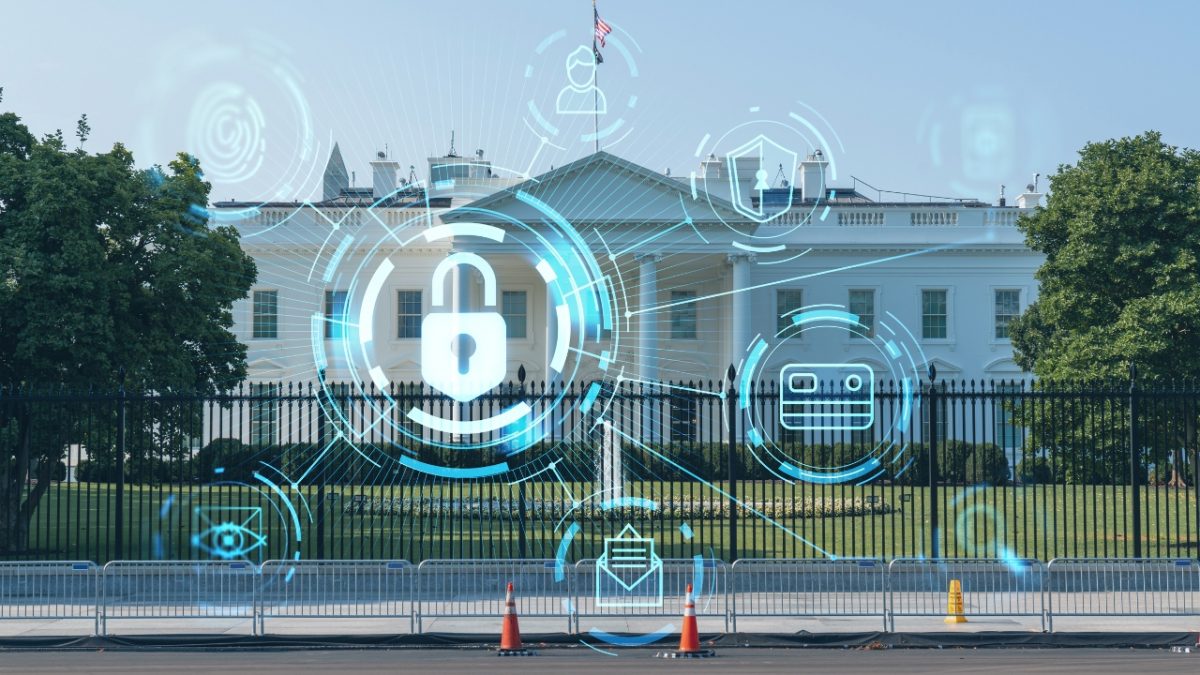Biden Administration Unveils National Cybersecurity Strategy to Counter Ransomware Threats

On Thursday, the Biden administration proposed mandatory regulations and liabilities for software makers and service providers in an effort to shift the responsibility of protecting US cyberspace from small organizations and individuals. The administration emphasized the need for more capable and better-positioned actors in cyberspace to become responsible stewards of the digital ecosystem.

The updated National Cybersecurity Strategy document acknowledged that the burden of mitigating cyber risks currently falls disproportionately on end-users, including individuals, small businesses, state and local governments, and infrastructure operators. Despite having limited resources and competing priorities, these actors' choices can significantly impact national cybersecurity. Therefore, the proposed measures aim to address this issue by ensuring that those with greater resources and expertise in cyberspace play a more significant role in safeguarding the nation's digital infrastructure.
The 39-page document referenced recent ransomware attacks that have caused significant disruptions to critical infrastructure and essential services, including hospitals, schools, government services, and pipeline operations. The Colonial Pipeline ransomware attack in 2021 was one of the most visible examples, which caused the shutdown of the pipeline for several days and led to fuel shortages in certain states.
As a response, the administration introduced new regulations on energy pipelines. The updated National Cybersecurity Strategy document released on Thursday indicated that comparable frameworks are likely to be extended to other industries.
According to the document, the strategic environment necessitates the implementation of modern and agile regulatory frameworks for cybersecurity that are customized for each sector's risk profile, streamlined to prevent redundancy, supportive of public-private collaboration, and mindful of implementation costs. The updated cybersecurity regulations should be designed to meet the needs of national security, public safety, as well as the security and safety of individuals, regulated entities, and their employees, customers, operations, and data.
In addition, the strategy emphasizes the importance of making long-term investments by achieving a delicate balance between addressing immediate threats and simultaneously strategizing and investing in a resilient future.
One of the initiatives likely to stir up controversy in the tech industry is the proposal to hold companies accountable for vulnerabilities in their software or services. Under the current legal framework, companies are seldom held responsible when their products or services are exploited, even when the vulnerabilities result from insecure default configurations or known weaknesses.

The document underlines the need to shift the responsibility onto entities that fail to take reasonable measures to secure their software while acknowledging that even the most advanced software security programs may not be able to prevent all vulnerabilities. Companies that produce software should be given the freedom to innovate, but they must also be held accountable when they fail to fulfill their duty of care to consumers, businesses, or critical infrastructure providers.
The document outlines five "pillars" that form the foundation of the objectives:
- Defending critical infrastructure: In addition to expanding regulations on critical sectors, the plan calls for enabling public-private collaboration to protect critical infrastructure and public safety. The objective is to defend and modernize federal networks and federal incident responses.
- Disrupting and dismantling threat actors to mitigate their threat to national security and public safety: The means for achieving this involve employing "all tools of national power" to counter threat actors, engaging the private sector to do the same, and addressing the threat of ransomware through a comprehensive federal approach that is coordinated with international partners.
- Shaping market forces to enhance security and resilience: This pillar emphasizes assigning responsibility to those within the digital ecosystem who are best placed to reduce risk. It highlights promoting the privacy and security of private data, shifting liability for software and services, and ensuring that federal grant programs encourage investment in new, more secure infrastructure.
- Investing in a resilient future through "strategic investments and coordinated, collaborative action": This would entail reducing vulnerabilities across the digital ecosystem, making it more resilient against transnational repression, prioritizing cybersecurity research and development, and building a more robust national cybersecurity workforce.
- Forging international partnerships to achieve common goals: The means of accomplishing this objective include implementing or leveraging international coalitions and partnerships to counter threats, increasing the cybersecurity defense capabilities of partners, and collaborating with allies.
The document further reclassifies ransomware as a national security threat, which marks a significant departure from its previous classification as a criminal threat. The plan will be executed by the National Security Council, the White House's Office of Management and Budget, and the Office of the National Cyber Director. These bodies will provide annual reports to the President and the US Congress to update the plan's implementation and effectiveness. Additionally, they will issue guidance to federal agencies each year.
Advertisement















